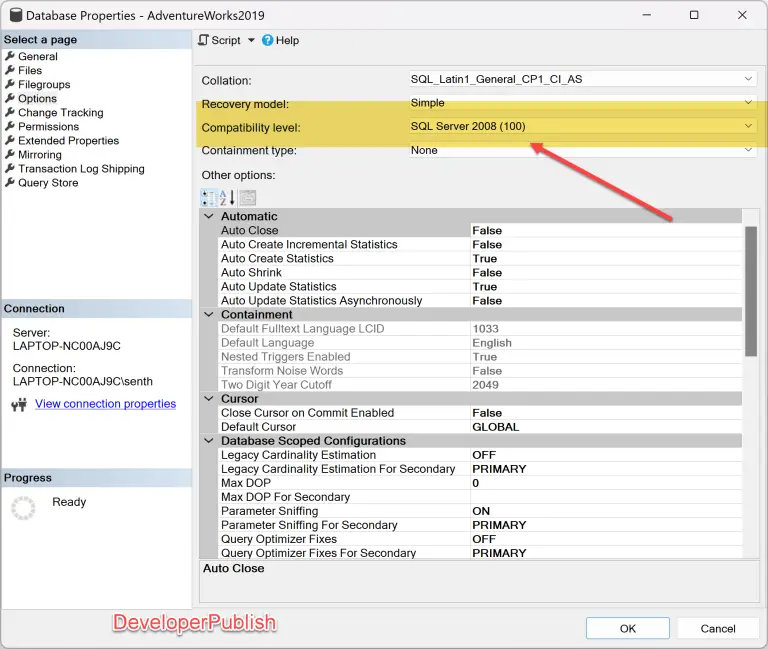In this blog post, let’s learn about the error message “10308 – Warning: The Microsoft .NET Framework assembly ‘%.*ls’ you are registering is not fully tested in the SQL Server hosted environment and is not supported. In the future, if you upgrade or service this assembly or the .NET Framework, your CLR integration routine may stop working. Please refer SQL Server Books Online for more details.” in Microsoft SQL Server, the reason why it appears and the solution to fix it.
SQL Server Error Message
10308 – Warning: The Microsoft .NET Framework assembly ‘%.*ls’ you are registering is not fully tested in the SQL Server hosted environment and is not supported. In the future, if you upgrade or service this assembly or the .NET Framework, your CLR integration routine may stop working. Please refer SQL Server Books Online for more details.
Reason for the Error
To be update soon…
Solution
To be update soon…


